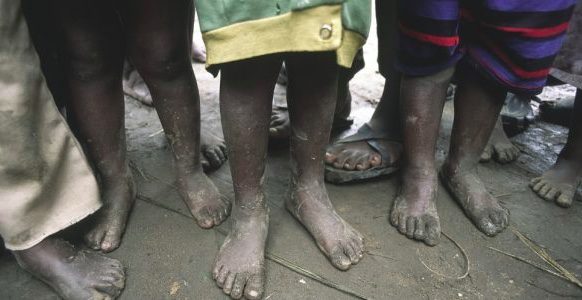
Child labor in Africa powering clean energy boom
Across Africa, children are digging for the minerals powering electric cars, solar panels, and wind turbines. The scale is staggering. An estimated 40,000 children work in cobalt mines in the Democratic Republic of Congo (DRC), 10,000 in mica mines in Madagascar, and more in dangerous lithium and copper mines in Nigeria and Zambia. Globally, more than one million children work in mines and quarries.
Not all child labor is hazardous or amounts to child slavery. But it can be. In 2019, a group of Congolese survivors filed a lawsuit against Tesla, Apple, Google, Dell, and Microsoft. The companies were accused of aiding and abetting the death and injury of children forced to work in cobalt mines in their supply chains. The case was dismissed in 2023, not because the abuse did not happen, but because the court ruled the companies could not be held legally responsible for the actions of their suppliers.
Abuses in the mining industry
The global shift away from fossil fuels is driving a surge in demand for minerals like cobalt, lithium, nickel, and graphite. Lithium demand grew by 30% in 2023, and demand for cobalt and other rare earth elements grew by more than 8%. To secure supply chains and lessen dependence on China, the US, EU, Canada, and multinational banks are pouring investment into Africa.
While the clean energy transition has created vast opportunities for mining companies, workers, including children, often pay the highest price. In the DRC, men face abusive treatment and wages too low to support their families. For women, the risks multiply. TIME reports:
Here, an estimated 500,000 to 2 million people depend on artisanal mining for their livelihood, and an estimated 30 to 50% of workers are women. Yet, women are relegated to the lowest-paid jobs and are often sexually harassed.
Without fair wages, safety, or respect, families are caught in a cycle of poverty, driving children into hazardous labor just so they can afford one meal per day.
